The Amazing Ways How L’Oréal Uses Artificial Intelligence To Drive Business Performance
2 July 2021
cou likely know Paris-based L’Oréal as a global cosmetics and beauty care company (the largest in the world), but you might not be aware of the company’s commitment to research, innovation, and technology. In fact, since 2012, L’Oréal operates its own technology incubator, a group that operates like a start-up but focused on where beauty and technology meet. Here’s an overview of the company’s incubator and some other ways they are using artificial intelligence such as with its AI-powered digital skin diagnostic.
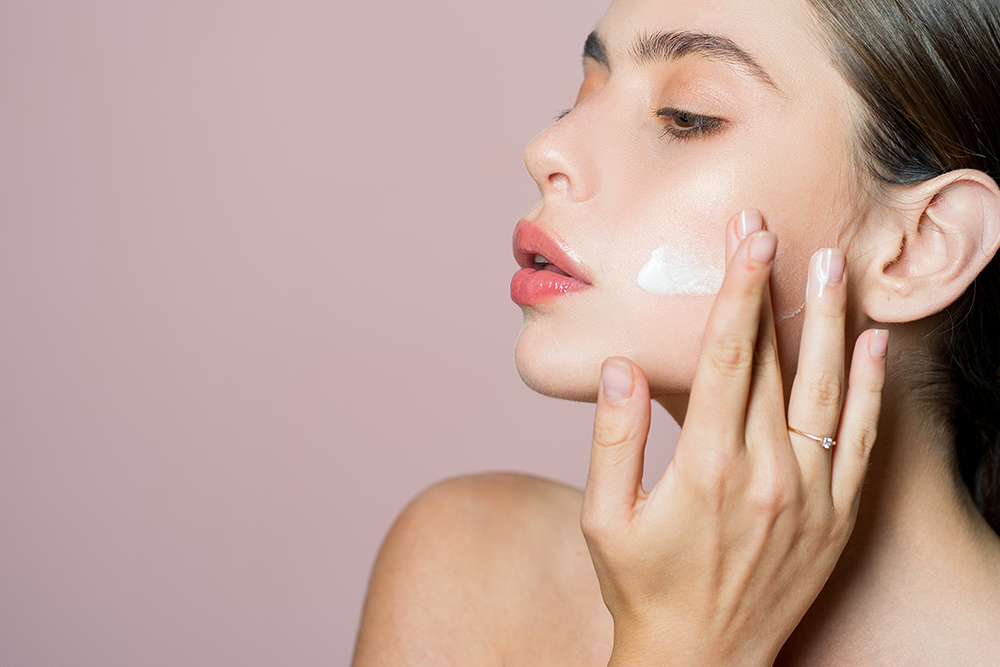
L’Oréal’s Technology Incubator
L’Oréal’s first incubator lab was located in New Jersey, but it now also operates additional labs in San Francisco, Paris, and Tokyo that are focused on a small number of products—a mix of apps and wearables and objects to help cosmetics be connected and customised to meet the specific needs of each customer. The incubator partners with entrepreneurs and academia to develop the latest and greatest products by using technology.
Makeup Genius
In 2015, the incubator launched the Makeup Genius, a mobile app that allows customers to see hair colour and makeup on their own face before they buy with the help of augmented reality. All customers need to do is upload an image of themselves or use their computer’s camera to try on cosmetics or different hair colour. A live before and after comparison is available through the apps’ sliding feature.
Smart Hairbrush
Another product the incubator created through a partnership with smart technology maker Withings and Kérastase (L’Oréal’s luxury hair-care brand) is aimed at responding to those who want to reduce their bad-hair days. The brush uses a conductivity sensor, accelerometer, gyroscope, microphone and Bluetooth and Wi-Fi connexions to gather technical insights, upload them to an algorithm that will be able to use the information to provide personalised product recommendations about the best way to care for the user’s hair.
Technology in L’Oréal’s Production Facilities
Along with sensors, cameras, and lasers, IBM’s Watson IoT platform helps L’Oréal provide production facilities that are ready for the challenges and opportunities presented by Industry 4.0. Customers are demanding—they want the right formulations to address their specific concerns and accommodate personal preferences. Technology helps L’Oréal production facilities respond to these demands by being more responsive and agile.
Facebook Messenger Bot
As evidence of L’Oréal’s belief in conversational marketing, it partnered with Automat Technologies to launch a Facebook Messenger Bot to enable more personalised conversations with customers (that will ultimately drive sales). Artificial intelligence powers this bot, and by communicating with its customers in a conversational way, individuals will be more likely to open up about their personal preferences. Lubomira Rochet, the company’s chief digital officer, told Marketing Week that “I believe AI is as big a revolution as the internet itself.”
Streamline Recruiting and Hiring
Another way the cosmetics giant uses artificial intelligence is in recruiting and the hiring process. For about 15,000 openings a year, L’Oréal must process nearly a million applications and now uses AI in a variety of ways to free up their human employee’s time. So, Mya is a chatbot that saves significant time in the early stages of the recruiting process by handling questions from candidates and can cheque off important details such as availability and visa status. Then candidates encounter Seedlink, AI software that assesses their responses to open-ended interview questions. This tool has found candidates that might have been overlooked when just reviewing resumes. In one instance, the company’s recruiters believe they saved 200 hours of time to hire 80 interns out of a pool of 12,000 candidates.
AI-Powered Skin Diagnostic
After acquiring ModiFace, an AI/AR company that offers try-on simulations of beauty products with live video, L’Oréal had a new technology tool to offer customers—a skin diagnostic tool. Of the acquisition, Rochet said in a statement, “With the acquisition of ModiFace, we have started a second phase of L’Oréal’s digital transformation, focused on reinventing the beauty experience through technologies such as voice, AR and AI.”
Using deep learning, the tool uses ModiFace’s AR capabilities with L’Oréal’s photo database, skin ageing expertise, and Skin ageing Atlases to provide women with a personalised product routine after they upload a selfie to the company’s website. After launching in Canada as Vichy SkinConsultAI at the beginning of 2019, it should be available worldwide later in the year.
It’s expected that L’Oréal will continue to leverage artificial intelligence and technology to its competitive advantage and hopes to remain on the cutting-edge of product personalization and how best to use technology to enhance the beauty industry.
Related Articles
AI Agents Lead The 8 Tech Trends Transforming Enterprise In 2026
By now, “smart” versions exist of just about every home appliance, gadget and gizmos we can think of. However, manufacturers continue[...]
The 8 Data Trends That Will Define 2026
By now, “smart” versions exist of just about every home appliance, gadget and gizmos we can think of. However, manufacturers continue[...]
7 Quantum Computing Trends That Will Shape Every Industry In 2026
By now, “smart” versions exist of just about every home appliance, gadget and gizmos we can think of. However, manufacturers continue[...]
The Next Giant Leap For AI Is Called World Models
By now, “smart” versions exist of just about every home appliance, gadget and gizmos we can think of. However, manufacturers continue[...]
7 Revolutionary Space Tech Trends That Will Transform Life On Earth In 2026
By now, “smart” versions exist of just about every home appliance, gadget and gizmos we can think of. However, manufacturers continue[...]
4 Tech Trends That Will Shape 2026 And The Breakthroughs Powering Them
By now, “smart” versions exist of just about every home appliance, gadget and gizmos we can think of. However, manufacturers continue[...]
Sign up to Stay in Touch!
Bernard Marr is a world-renowned futurist, influencer and thought leader in the fields of business and technology, with a passion for using technology for the good of humanity.
He is a best-selling author of over 20 books, writes a regular column for Forbes and advises and coaches many of the world’s best-known organisations.
He has a combined following of 4 million people across his social media channels and newsletters and was ranked by LinkedIn as one of the top 5 business influencers in the world.
Bernard’s latest book is ‘Generative AI in Practice’.




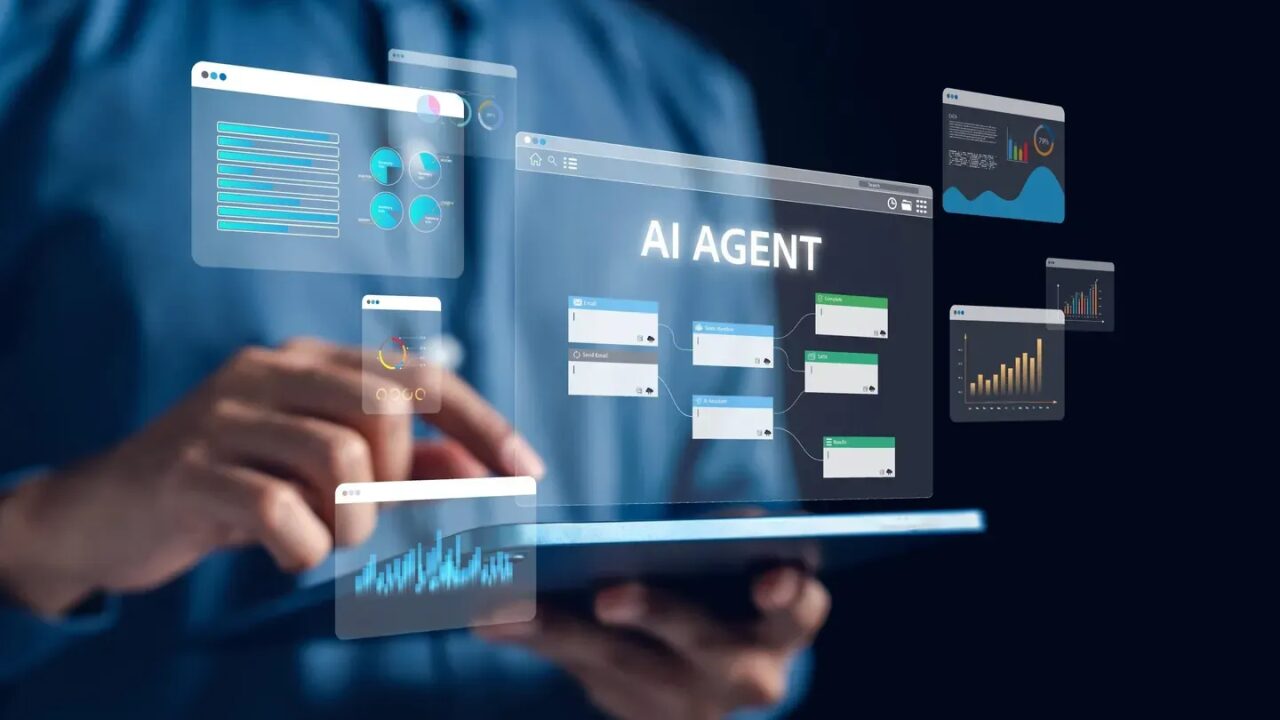
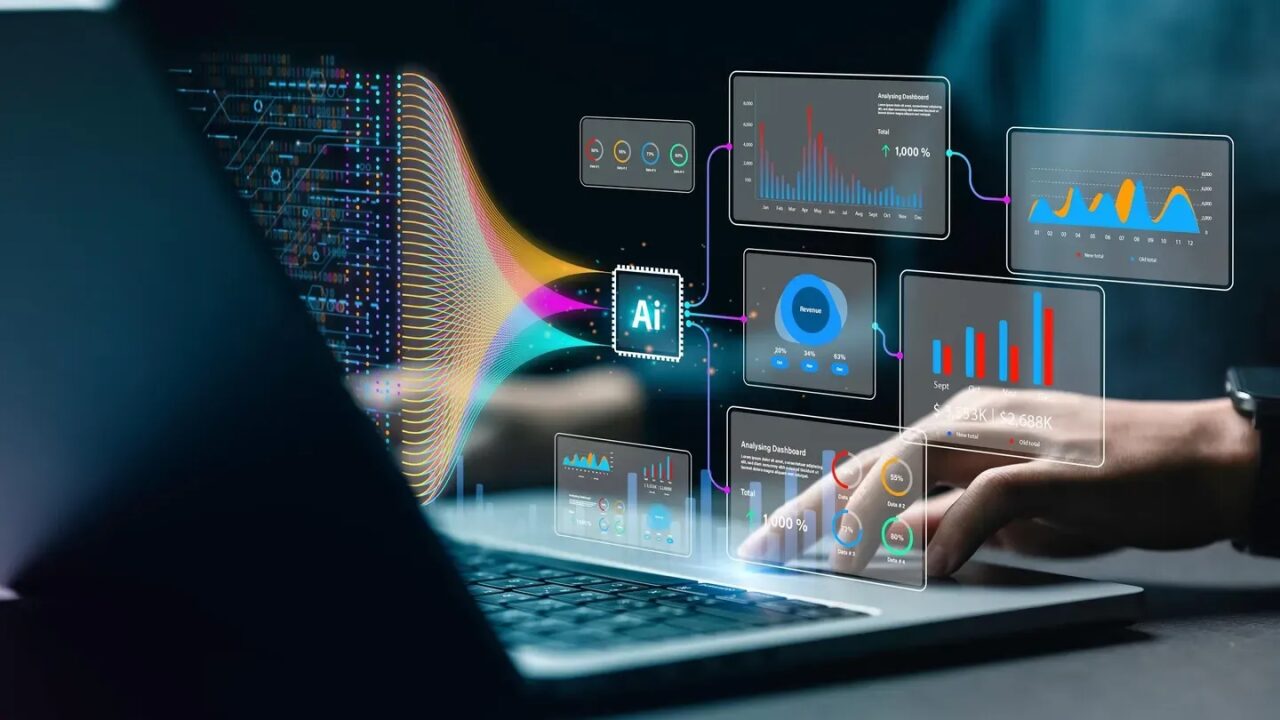
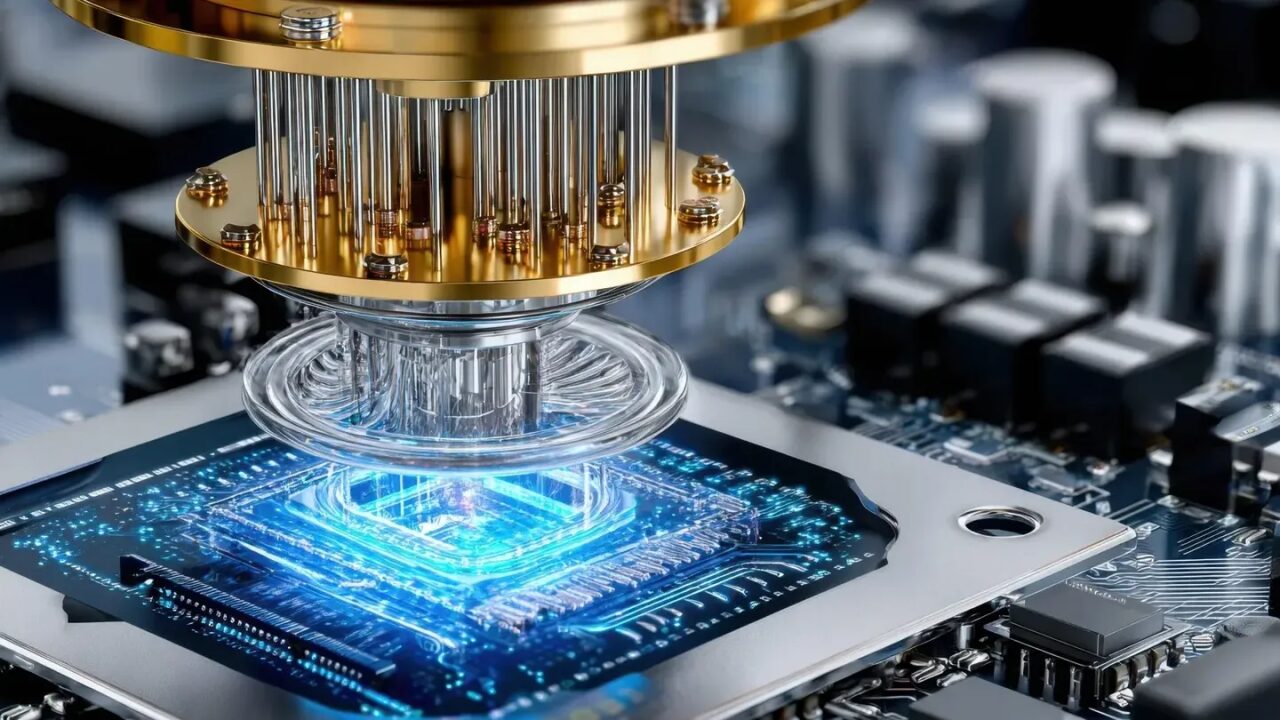
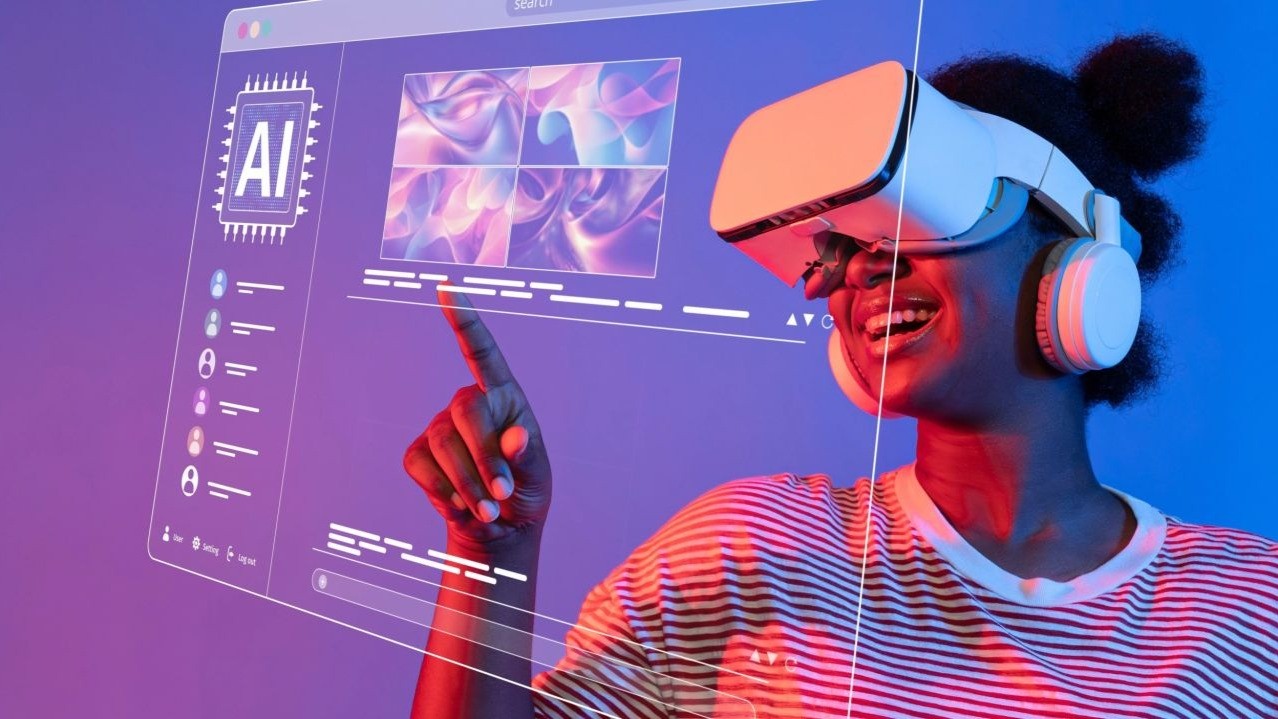

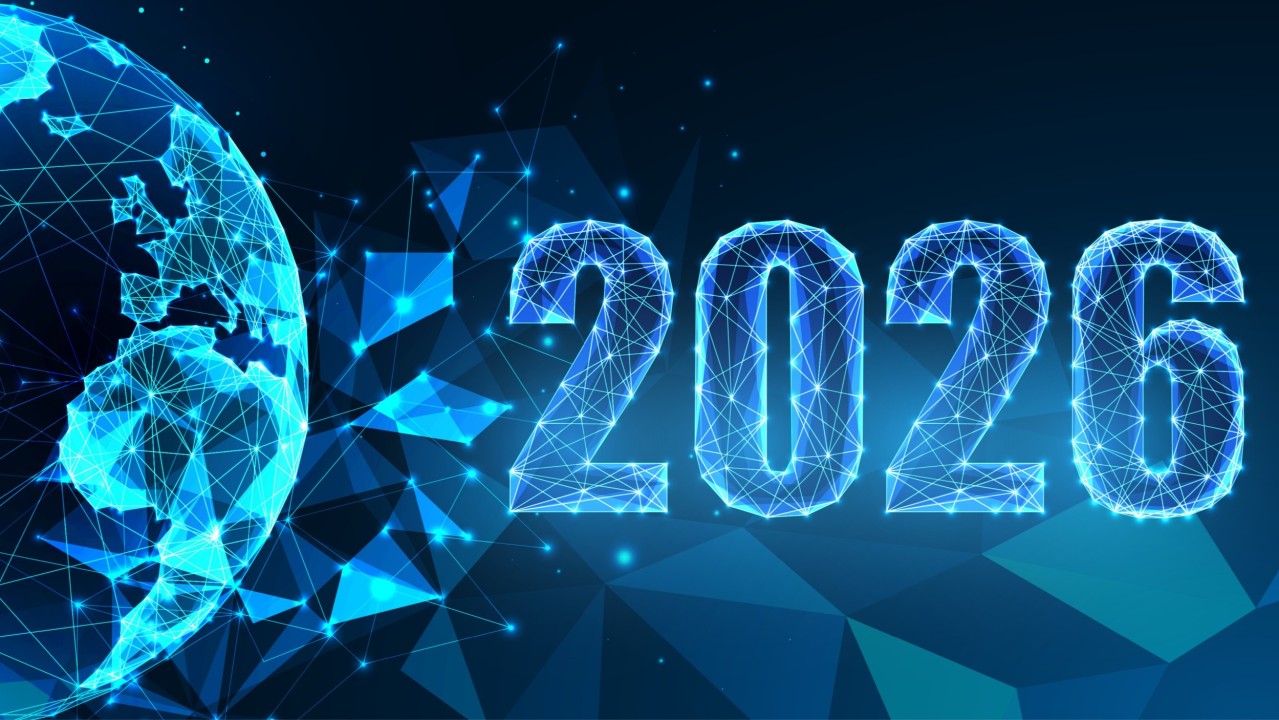
Social Media